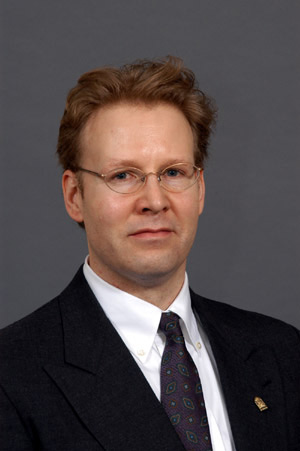Faculty Profile
Edward McPhail
Professor of Economics (1998)Contact Information
Althouse Hall
717-245-1264
Education
- B.A., Washington University, 1986
- M.A., University of Virginia, 1989
- Ph.D., University of Massachusetts-Amherst, 2001
2025-2026 Academic Year
Fall 2025
ECON 112 Intro to Macroeconomics
A study of the fundamentals of economic analysis and of basic economic institutions, with particular emphasis upon national output, employment, and price levels. The monetary and financial system is explored together with problems of economic stability. Monetary and fiscal policy procedures are analyzed and evaluated in light of the current economic climate. Special attention is given to the historical development of major economic institutions.Prerequisite: 111.
ECON 288 Contending Econ Perspectives
A study of major heterodox economic theories such as Marxian, institutional, feminist, post-Keynesian, or Austrian economics. Students will study these contending economic perspectives through their historical evolution, methods and theoretical structures, and/or current policy debates.
Prerequisites: 111 and 112.
Spring 2026
ECON 288 Contending Econ Perspectives
A study of major heterodox economic theories such as Marxian, institutional, feminist, post-Keynesian, or Austrian economics. Students will study these contending economic perspectives through their historical evolution, methods and theoretical structures, and/or current policy debates.
Prerequisites: 111 and 112.
ECON 373 History of Economic Thought
This course provides an appraisal of the origins and evolution of selected economic theories, primarily through the works of great economists of the past. Past economic works are analyzed in their theoretical and historical context. Prerequisites: any one of the following intermediate-level ECON courses 268, 278, 288, or 298.
